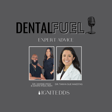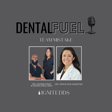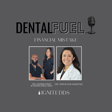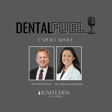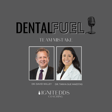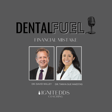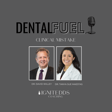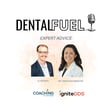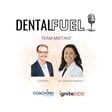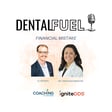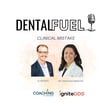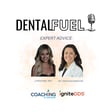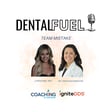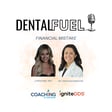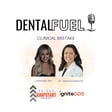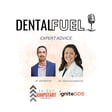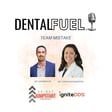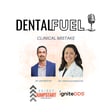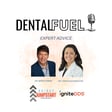
Dr. Dar Radfar: Financial Mistake
In this episode of Dental Fuel, Dr. Dar Radfar returns to share priceless advice for young dentists! From avoiding common financial mistakes to finding mentorship, Dr. Radfar emphasizes that in the beginning, it’s not just about the money—it’s about learning and honing your skills. He shares how working in the right office can give you access to free education from experienced mentors, helping you grow faster and smarter. Start small, invest wisely, and focus on building a solid foundation for your career.
Key Takeaways:
- Avoid Unnecessary Purchases: Start small and only invest in essential equipment once you are confident in your skills and consistent in the procedures.
- Value of Mentorship: Working under experienced mentors can provide invaluable practical knowledge and speed up skill acquisition.
- Continuing Education: Take affordable, impactful courses to enhance your practice offerings without straining your finances.
- Hands-on Experience: Gain exposure by actively working in various dental offices to learn different procedures and operational efficiencies.
- Long-Term Vision: Focus on adding to your skill set and toolbox early in your career to increase your value and prepare for potentially owning your practice.
About the Guest:
Dr. Dar Radfar is a seasoned dentist with over 22 years of experience in the field. He is a key advocate for integrating sleep apnea and snoring treatment within dental practices. Dr. Radfar began focusing on sleep apnea in 2009 after experiencing a life-changing car accident caused by his own undiagnosed condition. He has since become a pioneer in developing dental solutions for sleep apnea, creating over 1600 mouthpieces, and sharing his knowledge through RadSeminar.com where he educates other dentists.
Connect with Dr. Rad: @dr.radhealth
Connect with Ignitedds and Dr. David Rice: @ignitedds Free Intro Call
Connect with Tanya Sue Maestas: @tsmaestas.dds
Learn more about 90 Day JumpStart : https://ignitedds.com
